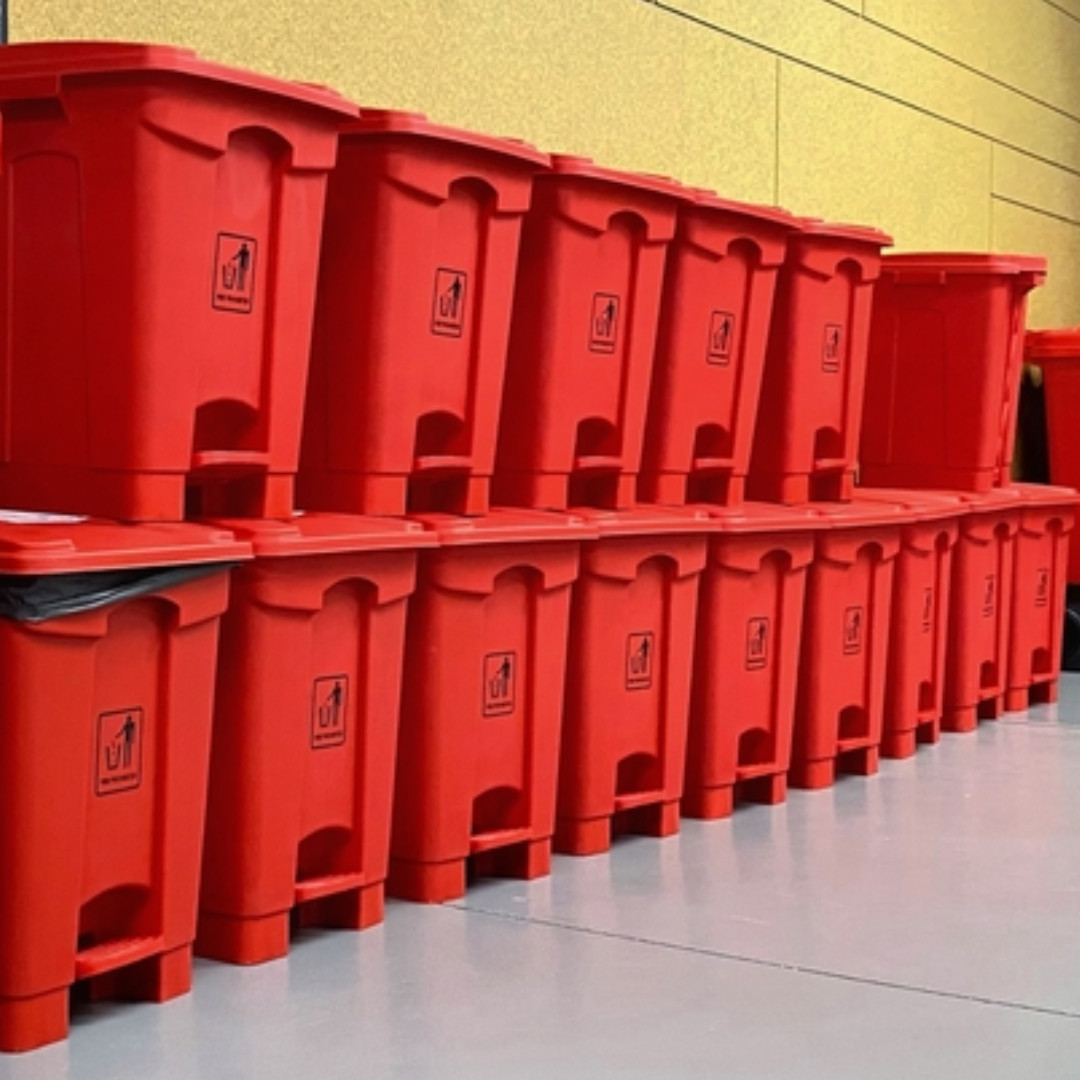Medical advancements have undeniably improved human health, but they’ve also given rise to an environmental challenge that is less discussed: medical waste. Comprising materials such as infectious waste, sharps, pathological waste, pharmaceutical waste, chemical waste, and nuclear waste, the disposal of medical waste is a complex issue that often adds to pollution.
Current disposal practices primarily include incineration and landfilling. However, these methods are often inadequate and contribute to environmental pollution. The increasing use of plastics in healthcare, particularly single-use plastics, compounds the issue of non-biodegradable waste. Notably, medical facilities are also high energy consumers, contributing to greenhouse gas emissions, with electricity and petrol playing significant roles.
Managing Medical Waste: The Need for Comprehensive Strategies
For efficient management of medical waste, strategies such as segregation at the source, safe packaging, and environmentally friendly treatment technologies are imperative. Recycling and comprehensive strategies involving legislation, education, green procurement, and innovation are also recommended. The adoption of ready-to-administer (RTA) products can significantly enhance medication safety, reduce waste, and improve workflow efficiencies.
Beyond the visible challenge of waste disposal, there are hidden environmental risks. One such risk is the radiation scatter from imaging machines. This increases background radiation levels, leading to potential health hazards. Mitigation strategies for this risk include optimized imaging protocols, advanced shielding techniques, and regular monitoring.
Medical Waste Management in Developing Countries
In developing countries, the management of healthcare waste is particularly challenging. This is exemplified in the city of Varanasi in India, where a rapidly expanding population and lack of planning impede the timely collection and processing of medical waste. A proposed solution involves developing a two-echelon location-routing problem to optimize the collection and transfer process of medical waste. This mixed-integer programming model aims to minimize the cost of opening facilities and transporting medical waste.
With the rising concern about safe disposal of medical waste, the global market for medical waste collection containers is projected to grow significantly. These containers are designed with high-quality materials to prevent leakage and contamination. Market trends are leaning towards sustainability and environmental considerations, with companies developing eco-friendly and recyclable containers.
This post, Medical Advancements and the Environmental Challenge: The Rising Issue of Medical Waste, was first published by BNN on December 19, 2023.











